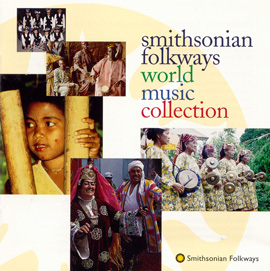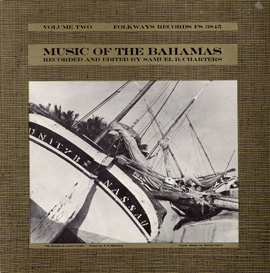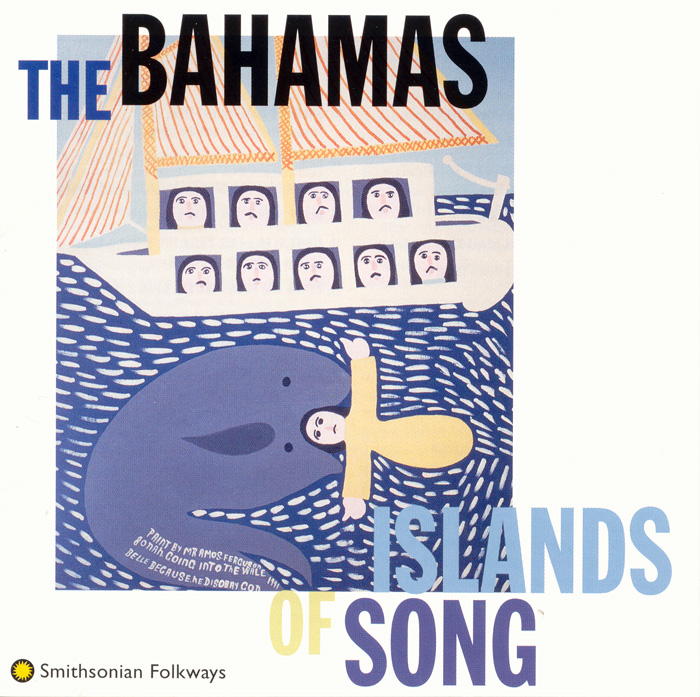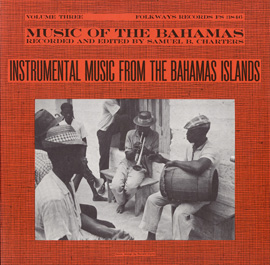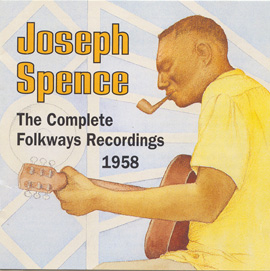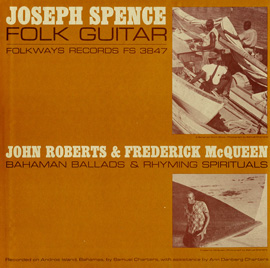Islands of Song
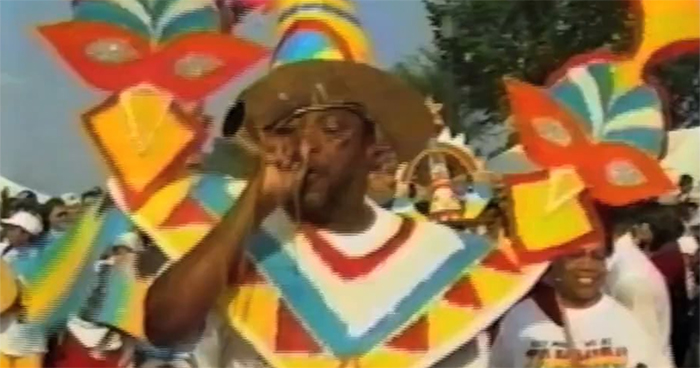
For hundreds of years along the 700 scattered limestone islands in the Caribbean sea that make up The Bahamas, the human voice has been raised in melodious strains to a rhythmic pulse that is deeply influenced by the African ancestry of most Bahamians. Centuries of colonial domination, and the nearness of American and Caribbean cultures have also shaped the character of Bahamian music. As a result of these merging influences, Bahamian music is uniquely rich, reflecting generations of joy, hardship, innovation, and artistry.
Story Songs
Bahamians are famous for the art of storytelling and their stories are sung as often as they are spoken. Stories of everyday occurrences become popular songs telling of broken hearts, holidays, and the beauty of the Islands' natural environment. Biblical and historical stories are also sung to sometimes issue a warning or inspire courage. Popularized widely by The Beach Boys, the song "Sloop John B" is about the adventures of sailors in Nassau. It is performed by the Dicey Doh singers in the a cappella four-part barbershop harmony typical throughout the Bahamas.
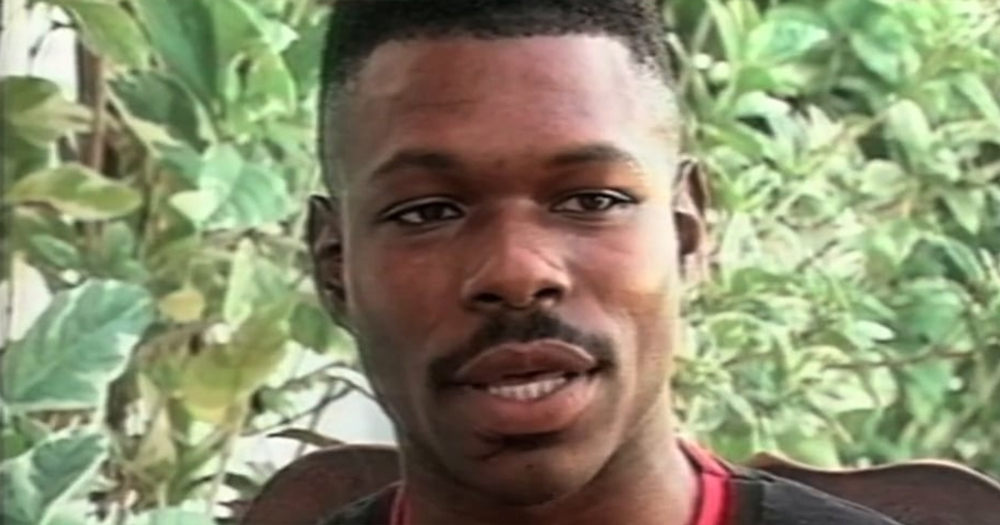
Sacred Music
Bahamian sacred music is one of the Islands' most outstanding artistic expressions. Anthems are religious hymns that closely resemble songs of the antebellum slave era. They were brought to The Bahamas from North America by the mostly enslaved Creole individuals who accompanied British Loyalists near the time of the American Revolution. Rhyming songs are also part of Bahamian worship services. In these songs the lead singer tells an animated, often improvised, story in rhythmic verse against the harmonies of a backup chorus. "Take Your Burden to the Lord and Leave It There" is an example of this style. Modern religious services continue to integrate outside styles, as it is now common to hear contemporary African American gospel and traditional European hymns alongside these classic Bahamian songs.
Goombay Music with Rake and Scrape Bands
Historically, secular music in The Bahamas has been called goombay music, a derivative of the Gambian word gumbay, or large drum. Bahamian secular music, particularly when played by rake and scrape bands, relies on the goatskin drum to create its rhythmic base. The rake and scrape band hails back to the 1800s, when the Africans who were brought to the Bahamas looked to make music on whatever was available to them: a carpenter's saw, pork barrels with goat or sheep skin to make a drum, and the accordion which might have been a gift from their colonial master. The music makers combined these three instruments to produce the inventive rake and scrape sound. The music of the rake and scrape band is traditionally used to accompany Bahamian Quadrille and Heel and Toe polka dances, social celebrations that grew out of the initial mixture of Africa and Europe. In "Mama, Bake a Johnny Cake, Christmas Coming," played here by the Fresh Creek Dance Band of the Fresh Creek settlement, located on the Bahamian Island of Andros, one can identify the sound of a carpenter's saw being scraped to create a distinctive form of percussion.
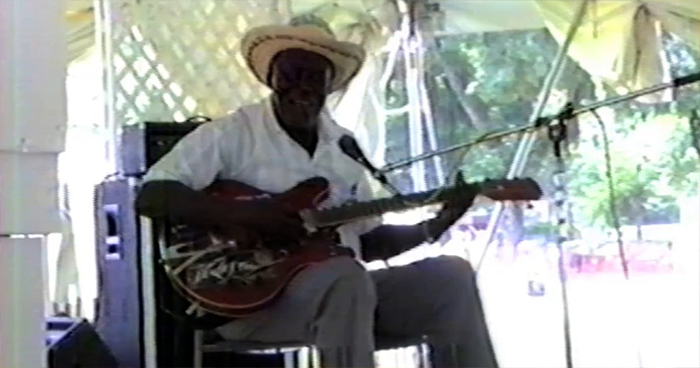
Guitar Masters
The Bahamas boasts some of the best guitarists in the world, many of whom are self-taught on homemade guitars. They can be found singing their own tunes in the local island bar room or accompanying social dances and events. Joseph Spence is probably the most well known Bahamian guitarist. His improvisational finger-picking style drew from folk and jazz influences and typified the rhythmically relaxed Bahamian guitar sound. His distinctive style was widely admired and copied by many up-and-coming American and British folk guitarists.
Today, music in the Bahamas maintains its place of importance in the lives of the islands' residents. But the music is changing as it continues to draw on outside influences. Pan-Caribbean reggae, soca, and salsa are heard in clubs. English language pop and world music are widely recognized. And yet the stories and music of the people—that which conjures up the soul of the Bahamas at home, in worship, at work, and in play—endure. The unique character of Bahamian music demonstrates the breadth and range of Caribbean music in general.


